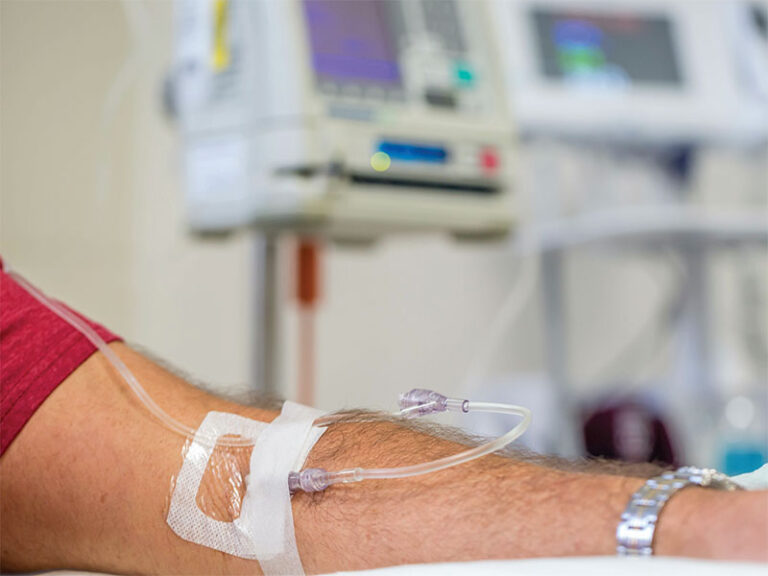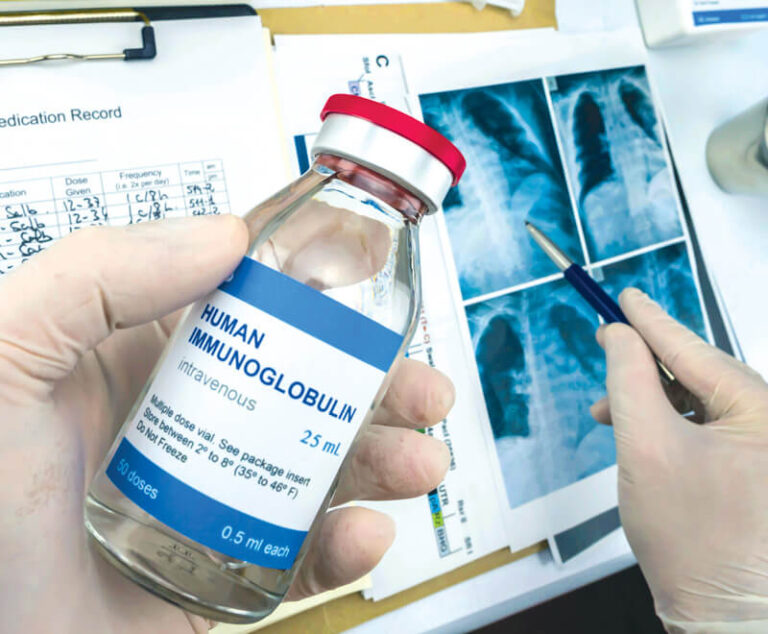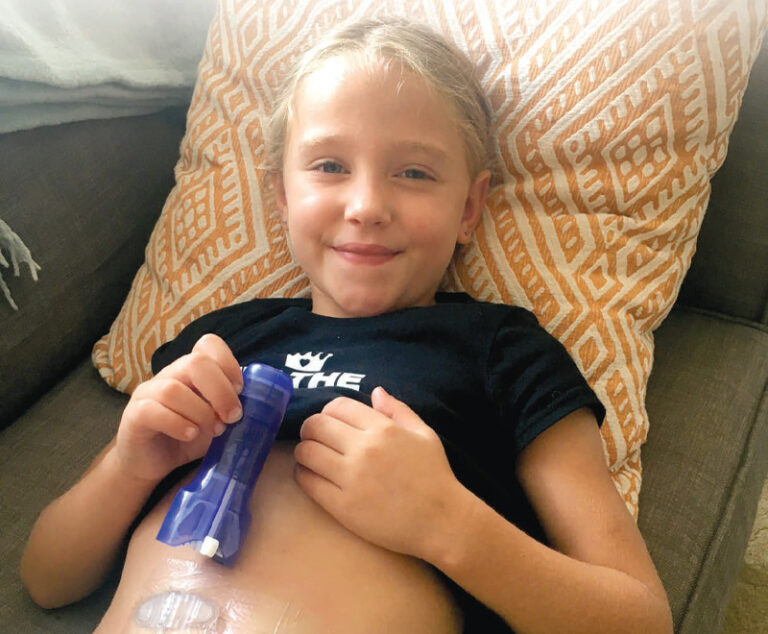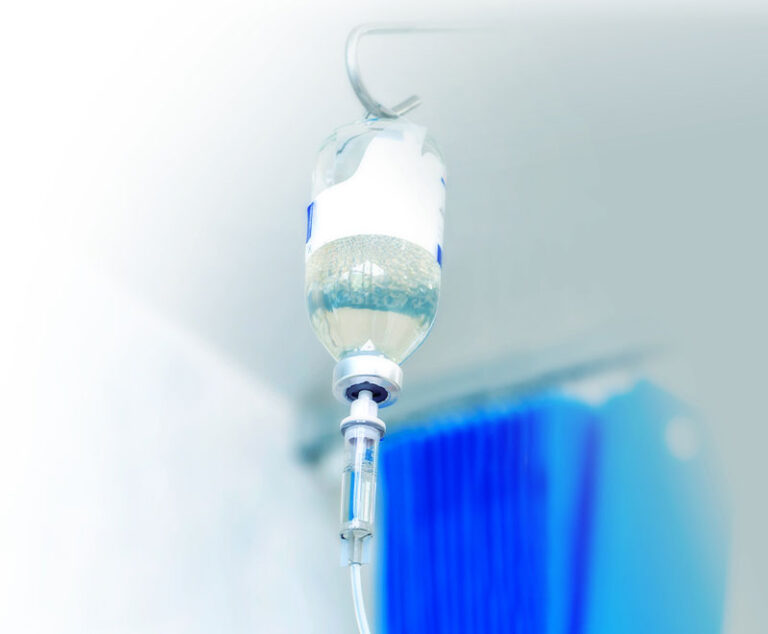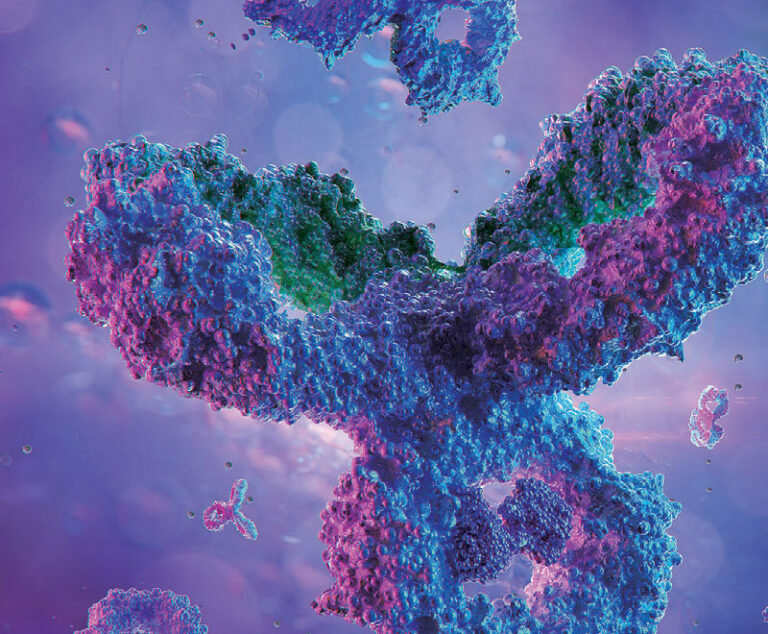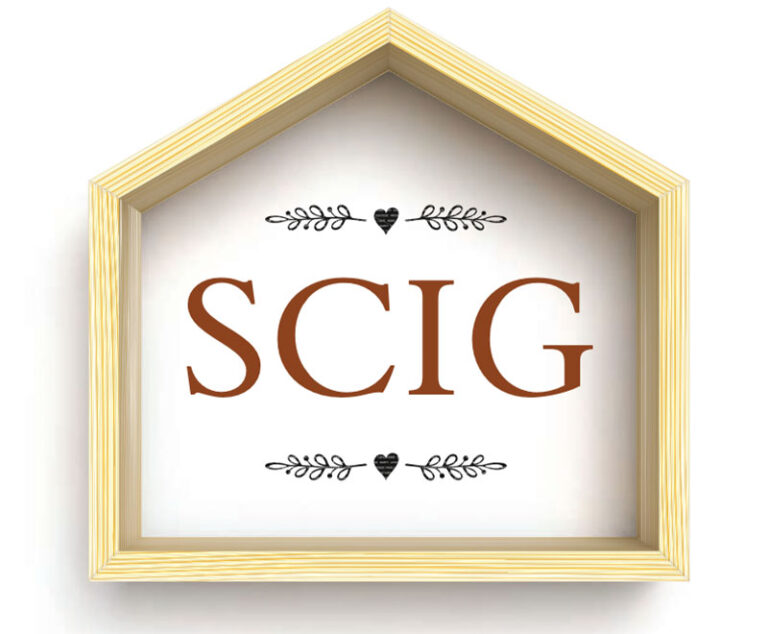Industry Insight
Information, Observation & Analysis
Immune Globulin Articles
Since the approval of BabyBIG, the only treatment for this rare but life-threatening disease affecting infants mostly under 6 months, the mortality rate is now less than 15 percent.
Though mostly eradicated in the U.S., treatment for rabies must begin immediately with hyperimmune globulin and vaccines.
New research showing the therapeutic benefit of immune globulin for treating a variety of autoimmune diseases is contributing to market growth of this essential medicine.
Numerous studies show the efficacy of both IVIG and SCIG for treating CIDP, making these the best treatment options for this rare neurological condition.
Experts set the record straight about common misunderstandings regarding IVIG and SCIG products, their administration and possible reactions.
Understanding the factors contributing to the current shortage of immune globulin could help to address a crisis that threatens dire consequences for patients.
While there may be no “magic bullet” to treat cytokine storm, one widely used immunomodulatory agent in particular — polyclonal intravenous immune globulin (IVIG) purified from healthy donor plasma — is distinguished by the simple fact that it is anything but a narrowly targeted treatment.
What can be done in the event of a severe shortage of IG products, whose production is entirely reliant on a continuous supply of IgG-rich plasma donated at more than 800 dedicated U.S. collection facilities?
As of this writing, NIAID and industry collaborators are also finalizing the design of a large-scale trial to assess whether COVID-Ig can reduce the rate of hospitalization and other medical encounters in earlier-stage COVID-19 patients exhibiting mild to moderate symptoms.
Is SCIG well-accepted by most patients either previously treated with IVIG or just starting out on IG therapy?
Reimbursement for expensive immune globulin (IG) therapies can be challenging and frustrating for providers. Here's a guide to help ensure they are reimbursed for the cost of these medications.
New FcRn inhibitors may be a viable therapeutic option for certain patients currently treated withIG and plasma exchange.


